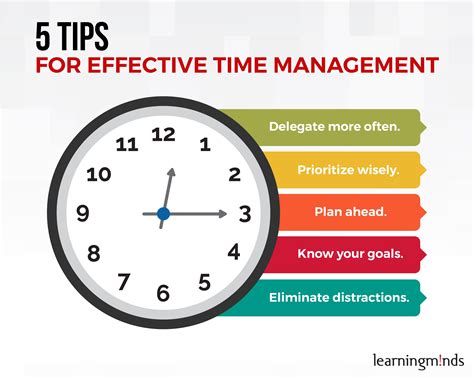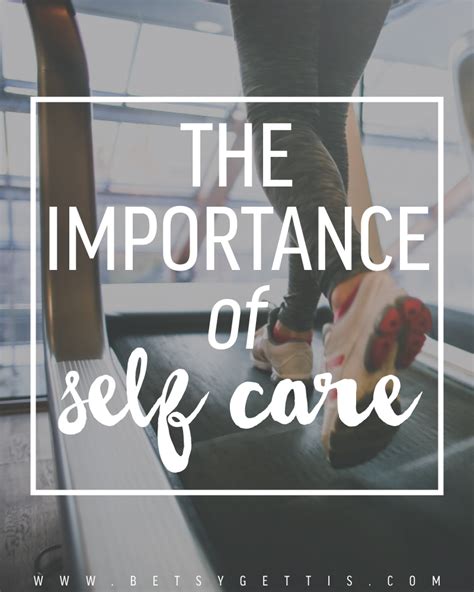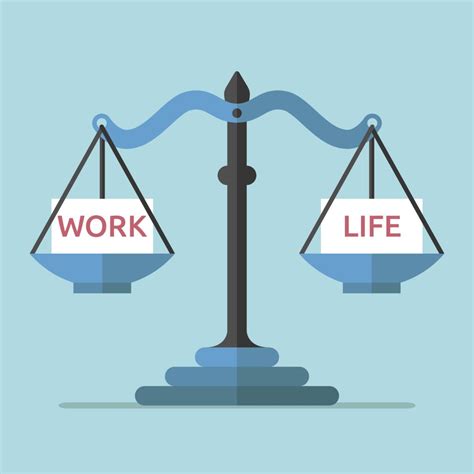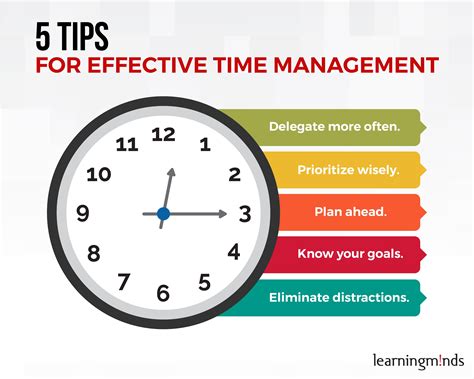In today’s fast-paced professional environment, the art of balancing the demands of a thriving career with the needs of a personal life is more critical than ever. The quest for work-life balance is a journey that many find challenging, yet it remains an essential aspect of sustaining both career success and personal wellbeing. In this comprehensive guide, we will explore the intricacies of aligning our professional aspirations with our private lives. We’ll delve into ‘Strategies for Effective Time Management’, offering you practical tips to elevate your productivity without compromising your down-time. Next, ‘The Role of Self-Care in Sustaining Productivity’ will underline the importance of prioritizing your health and wellness to fuel your work performance. Finally, ‘Assessing Your Work-Life Balance: Making Adjustments’ will provide insight into evaluating your current situation and making the necessary changes to achieve the equilibrium you desire. Whether you’re a seasoned executive or a newcomer to the corporate world, join us as we navigate the path to a more balanced and fulfilling life.Discover key strategies for managing time effectively, the importance of self-care for productivity, and tips for a balanced work-life dynamic.
Strategies for Effective Time Management

Mastering the art of time management is a pivotal strategy for achieving harmony between career and personal life. In a world where career professionals grapple with balancing work and personal commitments, it is essential to prioritize tasks and set realistic goals. Effective time management begins with a structured schedule that delineates professional responsibilities from personal activities, ensuring that neither sphere is neglected. By mapping out daily, weekly, and monthly plans, individuals can allocate their time resourcefully, leading to more fulfilling and productivity-driven outcomes.
As career demands intensify, it becomes increasingly important to employ work-life balance tips for career professionals, such as setting clear boundaries and recognizing the importance of downtime. Utilizing techniques such as time-blocking can carve out uninterrupted periods for focused work, while also ensuring there are slots reserved for rest and self-care – an underpinning factor in sustaining productivity. Moreover, tools like prioritization matrices allow one to visualize the significance and urgency of tasks, empowering professionals to tackle high-impact projects that contribute to both career advancement and personal satisfaction.
The Role of Self-Care in Sustaining Productivity

In today’s fast-paced work environment, managing career and personal life demands that professionals not only focus on their job tasks but also on their own well-being; here, the role of self-care in sustaining productivity cannot be overstated, as neglecting one’s personal health and happiness can lead to burnout and a decrease in work efficiency. By embracing self-care, individuals contribute to a more robust and sustainable work ethos, enabling them to meet professional deadlines and responsibilities with greater energy and a clearer mindset, thereby balancing work and personal commitments with an eye towards longevity in their careers.
Moreover, establishing a regime of self-care is integral to achieving harmony between career and personal life; it involves setting aside time for rest, hobbies, and connections with loved ones, actions which may seem inconsequential in the short term but are vital for maintaining long-term productivity and happiness. In applying these strategies for maintaining work-life balance, career professionals can practice work-life balance tips for career professionals such as mindfulness, exercise, and proper nutrition, all pivotal factors that can greatly enhance one’s professional performance while simultaneously contributing to personal fulfillment and well-being.
Assessing Your Work-Life Balance: Making Adjustments

When the scales of work-life balance tip too far in one direction, it’s imperative to take a step back and assess where adjustments can be made to ensure both professional success and personal well-being. For many career professionals, this may require a conscientious effort to analyze how time is allocated between the office and home, and identifying areas where compromise can allow for more enriching personal experiences without compromising job performance. As one embraces the complexities of managing career and personal life, pinpointing pivotal moments for change is an enduring strategy for maintaining a fulfilling and balanced life.
Embarking on a journey towards achieving harmony between career and personal life involves developing tailored strategies that cater to an individual’s unique circumstances. This may include reviewing commitments, prioritizing tasks, and setting realistic goals, both at work and in one’s personal sphere. The pursuit of such balance requires acknowledging the fluidity of life’s demands; hence, the need for adaptable strategies for maintaining work-life balance. From learning to say no to less critical tasks to ensuring quality time with loved ones, every step taken is a strong resolve towards molding a life that values both balancing work and personal commitments and the essence of self-care.
Frequently Asked Questions
What is work-life balance and why is it important?
Work-life balance refers to the equilibrium between professional responsibilities and personal activities. It’s important because it helps reduce stress, prevent burnout, and allows individuals to pursue both career and personal goals effectively.
How can one assess if they have a good work-life balance?
One can assess their work-life balance by reflecting on their stress levels, satisfaction with the time dedicated to personal life and work, and how well they manage daily responsibilities without feeling overwhelmed.
What strategies can be implemented to improve work-life balance?
Strategies include setting clear boundaries between work and personal time, effective time management, prioritizing tasks, delegating work, taking breaks, and making time for self-care and leisure activities.
How can employers support employees in achieving better work-life balance?
Employers can offer flexible work hours, remote work options, ensure reasonable workloads, encourage time off, and provide resources for stress management and mental health support.
Can technology help in managing work-life balance?
Yes, technology such as productivity apps and tools can help schedule and prioritize tasks, set reminders, and automate some work processes, making it easier to manage time and responsibilities.
What are the consequences of poor work-life balance?
Poor work-life balance can lead to increased stress, burnout, physical health problems, mental health issues, decreased productivity, and strained personal relationships.
Is achieving work-life balance the same for everyone?
No, achieving work-life balance is a personal journey and can vary greatly depending on individual priorities, career demands, life stage, and personal values. It requires continuous adjustment and self-awareness.








